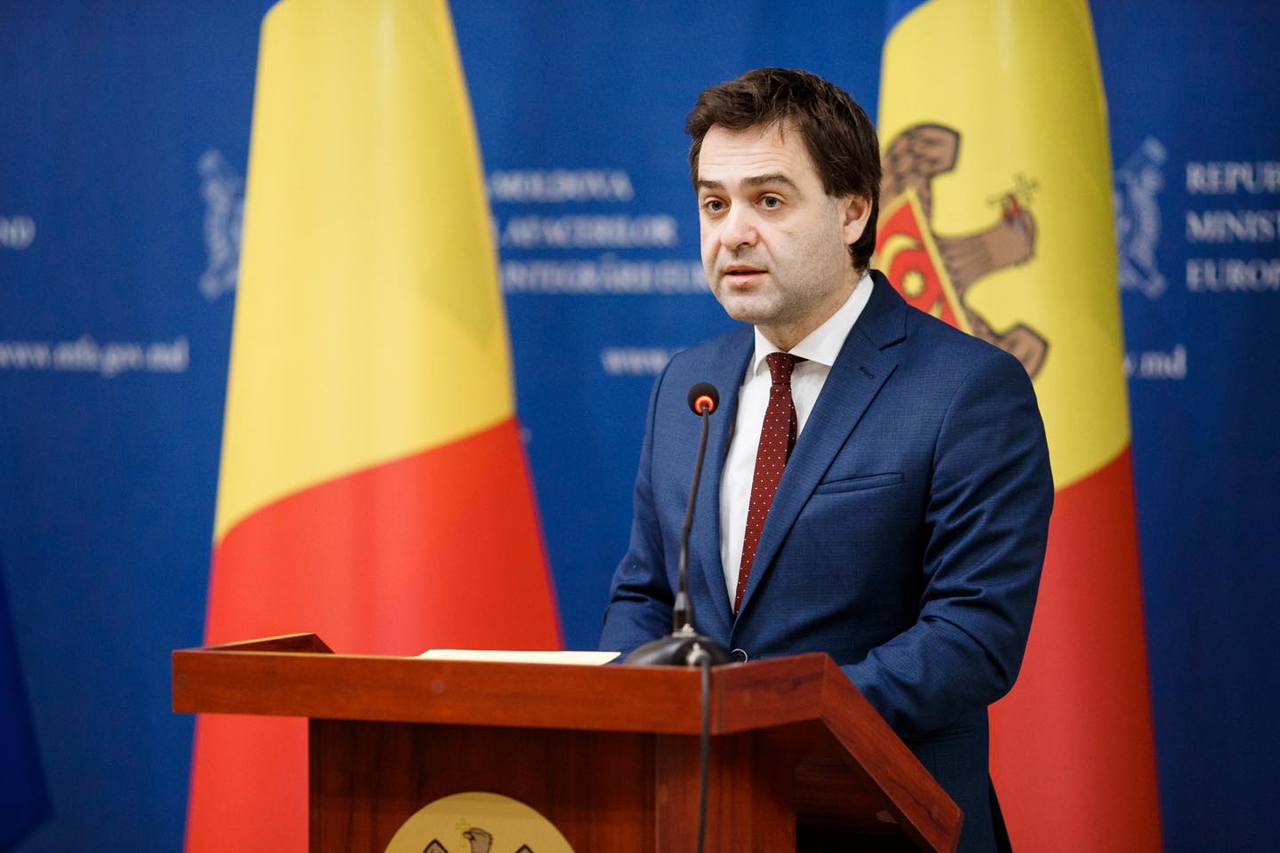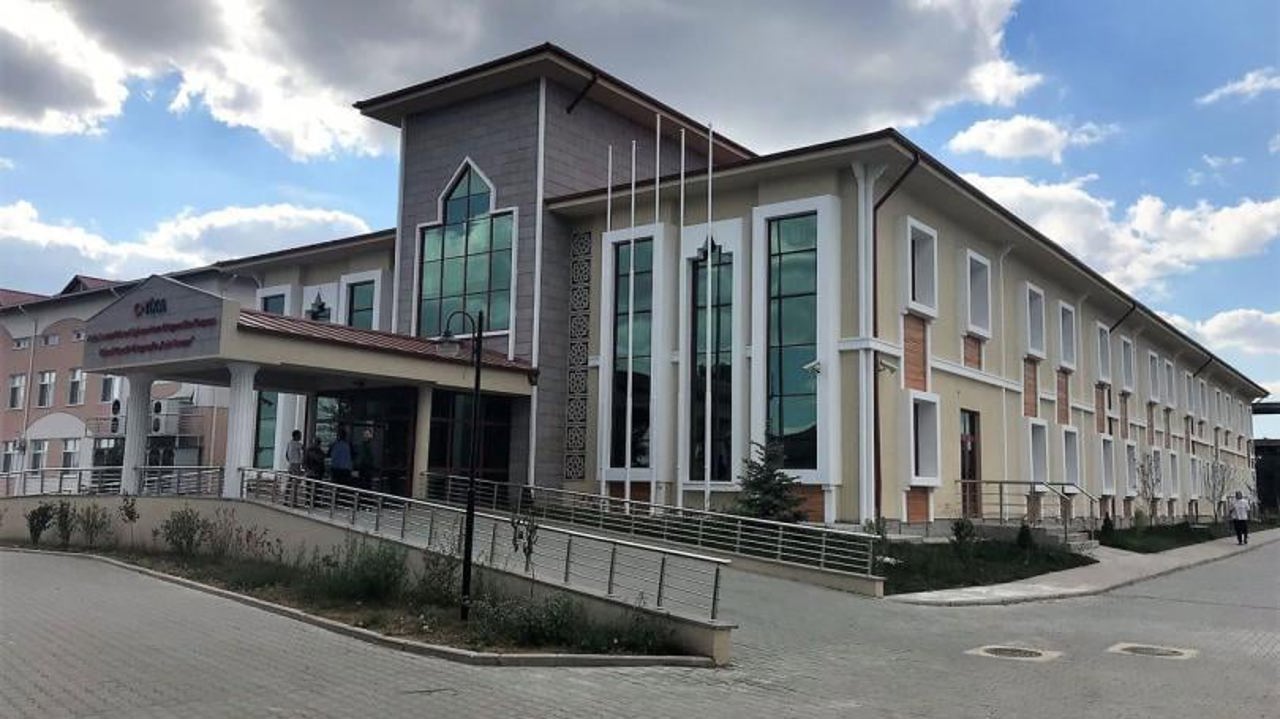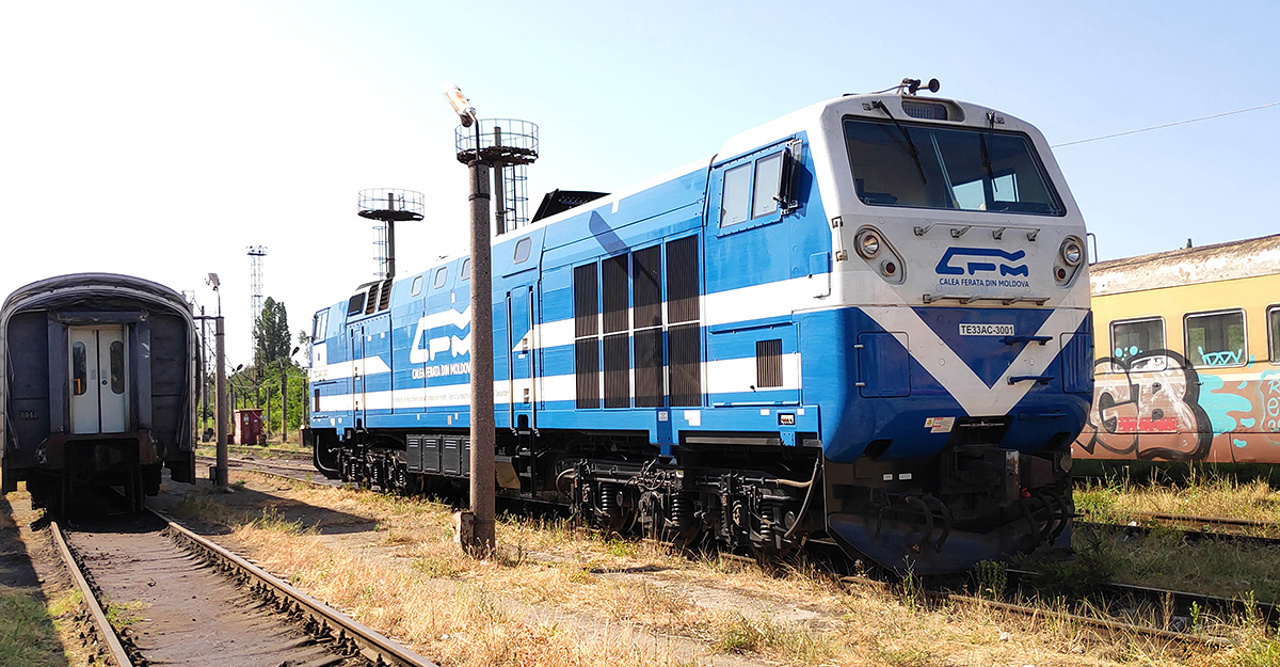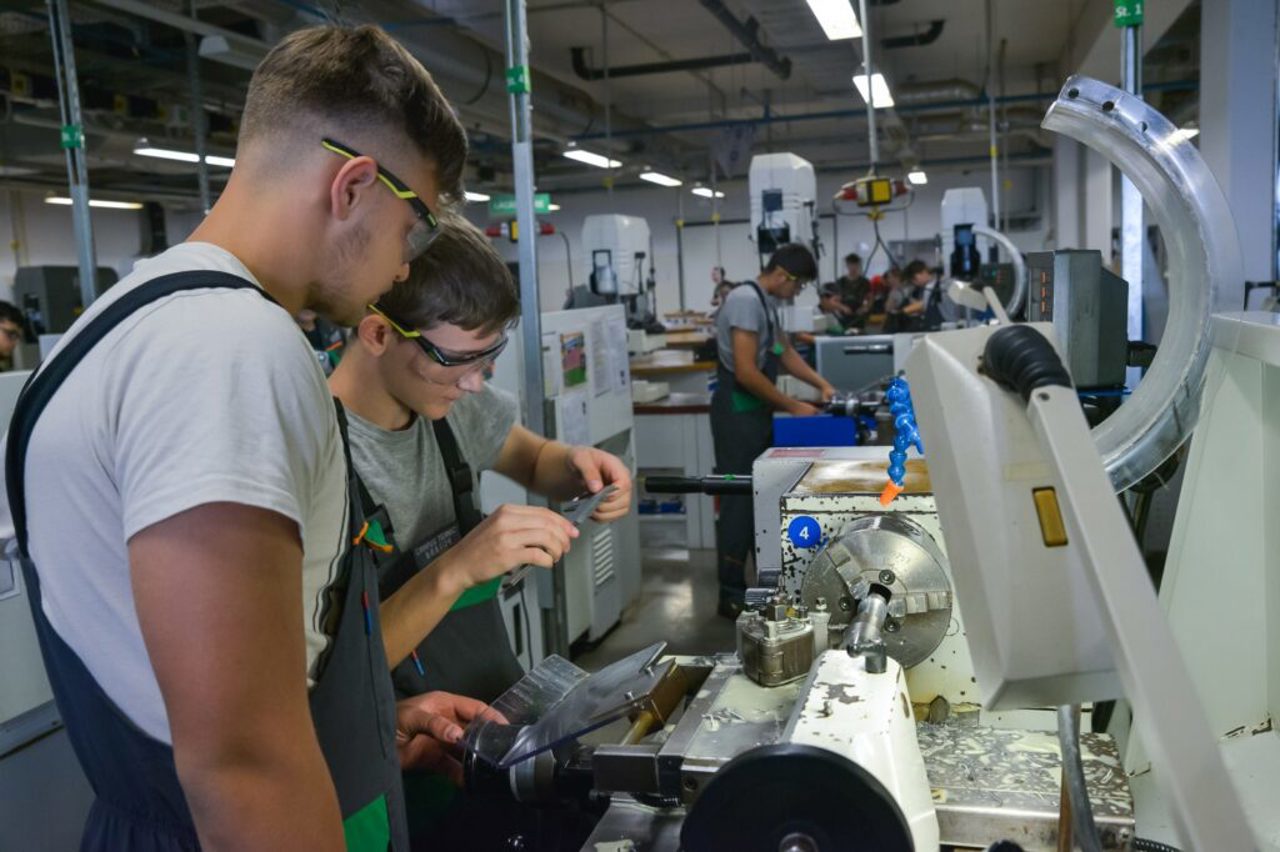Vice Prime Minister Nicu Popescu excludes a potential military risk against Moldova
Due to Ukraine's courage and resilience, but also to the support of external partners, the Republic of Moldova is not under military threat at this stage, says Deputy Prime Minister and Foreign Minister Nicu Popescu. The official says, however, that even so, the risks to which the Republic of Moldova is exposed continue to persist. "We are facing a hybrid war," Popescu told the public television show "In Context".

"We have a geography, we have a regional situation and external support that allows us at this stage not to feel militarily threatened and this is obviously because Ukraine is resisting and has this ability to keep the front line, the Russian army, relatively far away from our border," Deputy Prime Minister Nicu Popescu said.
The risks to our country continue to persist, however, says the foreign minister, even if there is no military threat these days, given the direction of Russia's war against Ukraine. According to the official, the main risks are of a hybrid nature: cyber attacks, bomb threats, organised and paid protests or attempts by oligarchs in Chisinau, in conjunction with the Russian Federation, to destabilise the situation in the country.
"At this stage, such are the risks and in order to manage and minimize the capacity of these oligarchs and hostile actors to our country, to minimize these risks, we are working with our external partners. Against this background comes the very clear request of our authorities to sanction those individuals who try and continue to try to destabilise the situation in the Republic of Moldova. I should mention that these attempts did not start yesterday or last week," the official added.
Deputy Prime Minister Nicu Popescu commented on Moscow's increasingly acidic statements on Moldova in an interview with the public TV channel. According to him, Moscow's wave of "false statements" are nothing but "an attempt to destabilise the psychological situation" of the Republic of Moldova.
"Moldova will join the EU, will modernise, will become an even more consolidated democracy, with the help of the EU, of Romania, with whom we have the same culture, the same history. By Europeanising our country, by joining the EU, I am sure that we will also find a peaceful context for the peaceful integration of our country", concluded the head of diplomacy in Chisinau.
Foreign Minister Nicu Popescu recently called on the European Union to impose sanctions against Moldovan oligarchs accused of helping Moscow destabilise the country in an effort to overthrow the pro-Western government in Chisinau. For his part, Parliament Speaker Igor Grosu stated that the European Union would be doing "a great service to Moldova" if it aligned itself with sanctions against oligarchs destabilising the situation in our country, following the US and UK model. Later, MEP Siegfried Mureșan told Radio Moldova that the European Union would amend and extend its sanctions regime so that those who instigate violations of the democratic order and use illicit resources for destabilisation attempts would be included in the bloc's sanctions lists.
Late last year, the US and UK imposed sanctions on fugitive Moldovan oligarchs Vladimir Plahotniuc and Ilan Shor "for actions related to systemic corruption and Kremlin-sponsored interference in Moldova's elections". At the time, Ilan Shor said that the UK's decision did not affect him in any way, and Vladimir Plahotniuc did not react.






